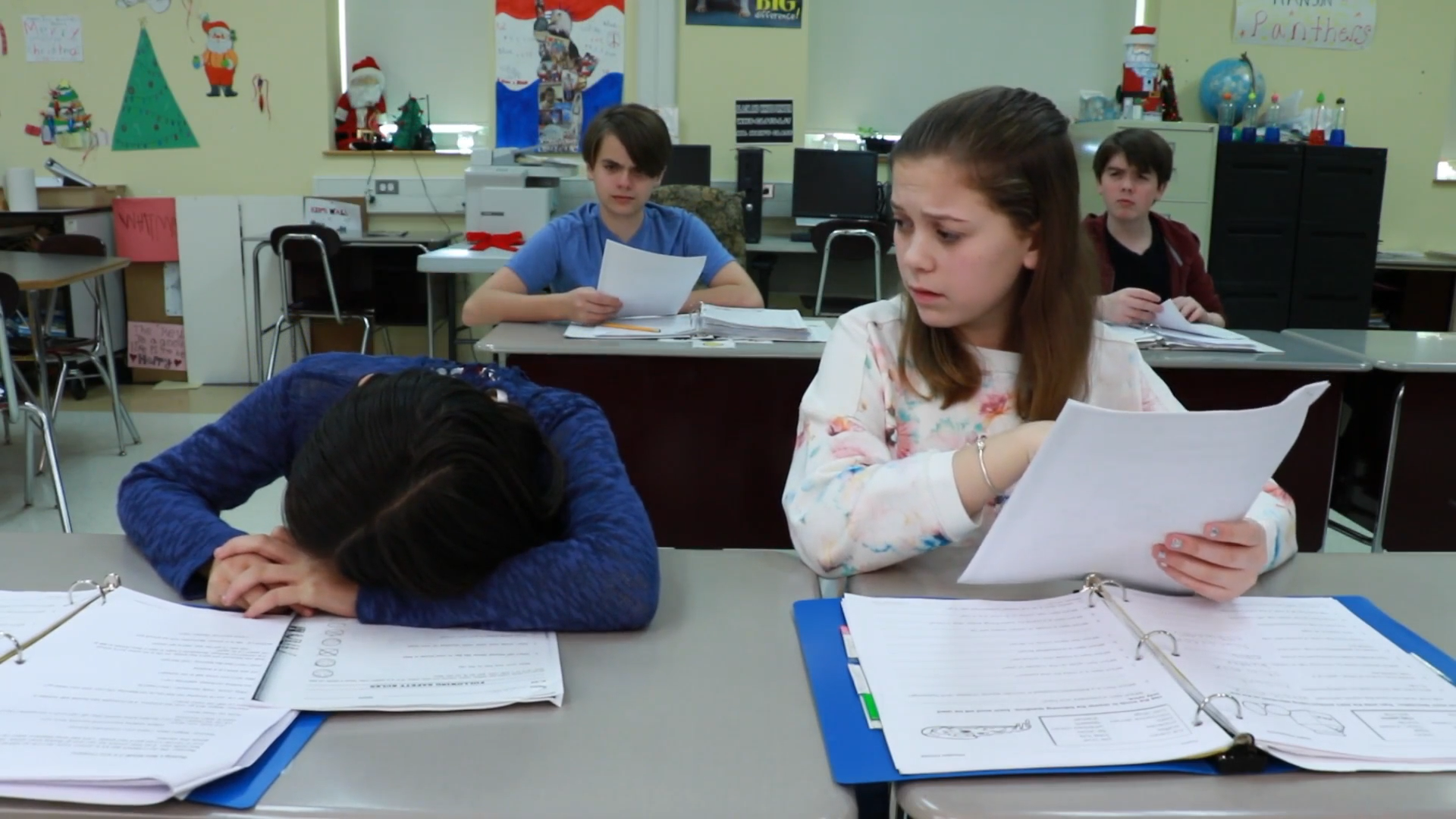
As educators, we often work with students who face challenges in managing their emotions, particularly when they experience disappointment. In this blog post, we will explore how to help students in Special Education cope with disappointment and maintain self-control when they receive a bad grade. We will provide a no-prep activity, discussion questions, related skills, and next steps to support students in developing these essential social-emotional skills.
Introduction
Students in Special Education may struggle with understanding and managing their emotions when faced with disappointment, such as receiving a bad grade. It is crucial for educators to teach and support students in developing healthy coping strategies and self-control in these situations. By doing so, we can help them build resilience and maintain a positive learning environment.
No-Prep Activity: The Disappointment Box
One way to help students manage their disappointment is by introducing a no-prep activity called “The Disappointment Box.” This activity encourages students to express their feelings and find ways to cope with disappointment.
- Ask the students to think about a time when they felt disappointed, such as receiving a bad grade.
- Have them imagine a box in their minds where they can store their feelings of disappointment.
- Encourage students to share what they would put in their Disappointment Box, such as the bad grade or their feelings of sadness and frustration.
- Guide students in identifying healthy coping strategies, such as deep breathing, talking to the teacher, or seeking help from a friend.
- Invite students to visualize themselves using these coping strategies whenever they feel disappointed and need to maintain self-control.
Discussion Questions
After completing the Disappointment Box activity, use the following questions to stimulate further discussions:
- Why is it important to maintain self-control when we feel disappointed?
- What are some other situations where we might feel disappointed, and how can we cope with these feelings?
- How can talking to a teacher or a friend help us manage our disappointment and maintain self-control?
- What are some other coping strategies that we can use when we feel disappointed?
- How can practicing self-control help us improve our performance in school?
Related Skills
In addition to managing disappointment and maintaining self-control, there are other related social-emotional skills that students can benefit from developing:
- Resilience: Building the ability to bounce back from setbacks and continue learning.
- Empathy: Understanding and sharing the feelings of others, which can help students support their peers when they face disappointment.
- Problem-solving: Identifying and finding solutions to challenges, such as seeking help or finding new study strategies.
- Goal-setting: Developing realistic and achievable goals to help students stay motivated and focused on their learning.
Next Steps
To further support your students in developing coping strategies and self-control, we encourage you to sign up for free samples of skill-building materials at Everyday Speech. These resources provide engaging and effective ways to teach students essential social-emotional skills and help them succeed in school and beyond.

